Compliance Management and Software You Can Trust
We solve complex compliance management, insurance licensing, and entity management challenges at a global level with software, services, and consulting solutions.
What We Offer
Insurance Licensing Software
Manage producer, entity, and specialty licenses yourself with our easy-to-use, cloud-based software platform, Creative Compliance Hub | Insurance. Creative Compliance Hub makes it easy for you to adhere to all regulatory requirements for a wide array of compliance activities.
Insurance Managed Services
Engage our experts to manage all or part of your license and filing portfolio for you, and access documents through the Creative Compliance Hub | Insurance software platform. Our licensing team allows your team to focus on growing your business while our cloud-based insurance compliance management software makes it easier than ever to keep all important documentation in one place.
Corporate Services
Tap our team for global registered agent and corporate filing services, and access documents through the Creative Compliance Hub | Entity Management software platform. Whether you prefer a hands-off approach or want to be fully involved, we are here to help you meet all compliance obligations with ease.
Our Clients Include...


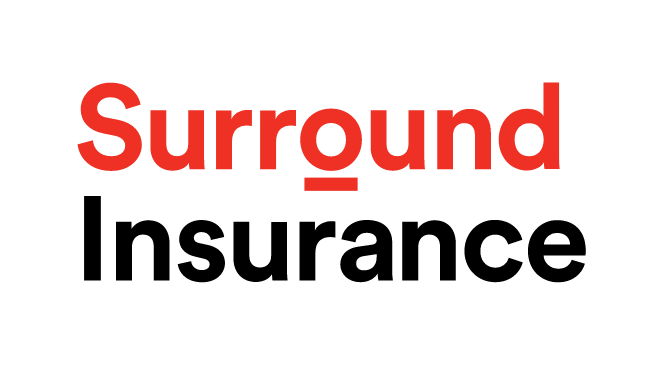


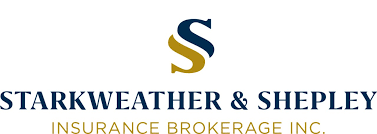





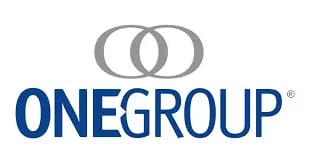
You’ve Come to the Right Place
Some people know us as Creative Compliance Software Solutions. Others as 3H Corporate Services.
Together, we bring you the complete solution to help you solve your insurance licensing and compliance management challenges while reducing your organizational risk of non-compliance.

Expertise, Service, and Technology You Can Trust to Maintain Compliance
For more than 20 years, our team of experts has provided insurance licensing and compliance management solutions – along with registered agent and corporate services solutions – to companies of all shapes and sizes. We help organizations build their compliance management program from the ground up, as well as simplify and streamline an existing compliance program with our Creative Compliance Hub.
Clients have partnered with us for many years, frequently referring their friends and colleagues, to solve their entity management, licensing, and compliance issues. If you’re ready to work with a company you can confidently recommend for its expertise, service, technology, and value, we invite you to connect with us today about your compliance management needs.
Book a Consultation
Experience the Creative Compliance Difference
-
Smart and Simple
-
Customer Focused
-
Superior Service
-
Amazing Flexibility
-
Easy Onboarding & Access
Smart and Simple

We built Creative Compliance Hub – and use it every day – to manage compliance and licenses on behalf of our clients. Our compliance management system is a platform built by license professionals for license professionals.
Customer Focused

Our customers consistently offer outstanding ideas and innovations and that helps us deliver an unparalleled experience for everyone. Rely on our consultants and managed services for your insurance, legal, and corporate filings.
Superior Service

No bots. No AI. If you have a question, you’ll speak with a courteous expert, based right here in our Saratoga Springs, NY headquarters, promptly. We’re dedicated to offering the support you need for your business to thrive.
Amazing Flexibility

Whether you’re managing insurance licenses or other types of corporate filings and licenses, Creative Compliance Hub makes it easy to take control, stay in control, and ensure your business processes remain in compliance with local, state, and federal laws.
Easy Onboarding & Access

Onboard producers and corporate entities easily through our Creative Compliance Hub, and access your information anywhere, anytime a bespoke cloud-based compliance management platform.
Entity & Compliance Management Services for Growing Businesses
Consulting Services
Get your business started on the right foot with our broad array of consulting services. Even if you have well-documented procedures for your business process, you still may need help reducing costs and maintaining compliance. We provide legal and compliance management services that minimize costs, maximize efficiency, and drive growth.
Registered Agent Services
We serve as a registered agent for companies of all shapes and sizes, domestically and internationally. We guarantee prompt processing and forwarding of all legal notices and other third-party notifications for your convenience and peace of mind.
Corporate Services
We empower entrepreneurs, venture capitalists, financial institutions, and large and small businesses through our time-saving entity management services. In our hands, you can rest assured your organization will remain compliant with local, state and federal laws.
Tax Services
We prepare and submit necessary filings to the Department of Revenue for you, including state income tax returns. Our team of experts stays up-to-date with the latest requirements in every state, guaranteeing accurate and efficient services. At 3H Corporate Services, we cater to all of your entity's needs, including tax preparation, and much more.



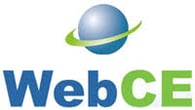
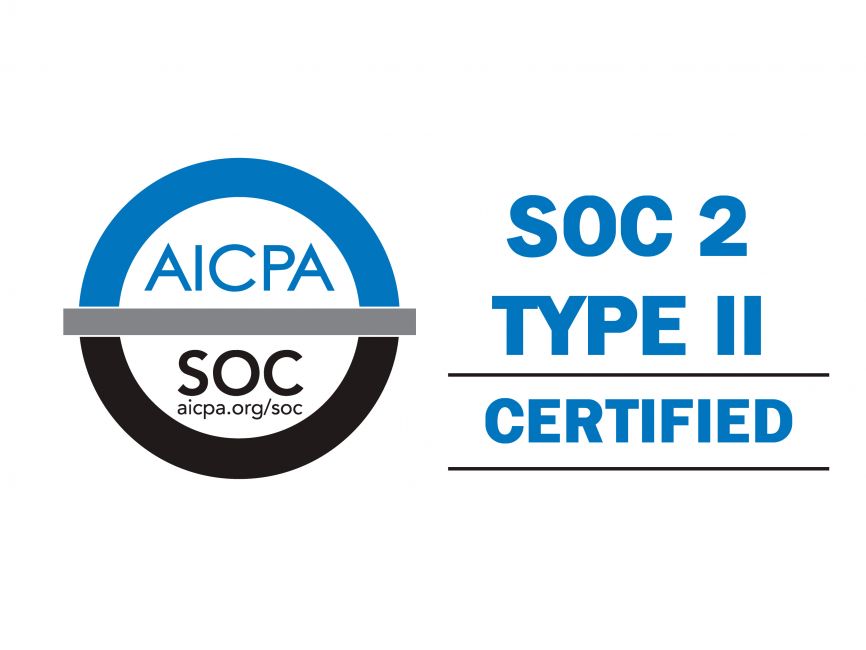


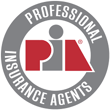
Client Testimonials
We’ve worked with small businesses and some of the country's largest insurance agencies and brokerages.
No job is too big or too small.

Courtney Stough
Chief Legal Officer/Chief Operating Officer
Frontier Risk
“3H Corporate Services has been an extremely valuable partner for our startup agency. Their expertise in both licensing and complex corporate structures saved us significant amounts of money in initial filing costs, and in recurring annual expenses. Plus, they deliver a true “white-glove” experience with same-day response times and exemplary service in every interaction. They’ve proven to be real asset to our organization.”

Dave Quinn
President
NAESIP
"I cannot overstate the value of their recommendations. They approached us with a strategy to change the way we manage our annual licensing fees. In the past, they all came up at roughly the same time which required us to come up with a lot of cash to cover them. Now, we’re paying out smaller amounts each month, which is much easier for our business to manage. It’s really valuable to have the kind of knowledge, expertise, and technology the 3H team puts to work on our behalf."
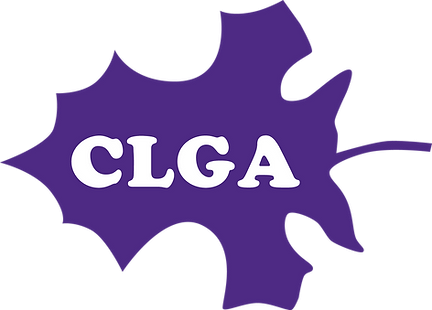
Chris Peterson
President
Chris-Leef General Agency, Inc.
“We started working with 3H in 2014, following multiple referrals. At that time, we had just acquired an agency and were looking for a way to eliminate liability associated with insurance compliance-related filings. The cost analysis of having to undertake this work internally didn’t make economic sense and so we engaged 3H. Our decision to do so has proved to be beneficial and very valuable; we have been extremely impressed with their services ever since.”
Les Ross
Executive Vice President
Jencap Group
“The overall compliance topic is very important to our Group, including the core issues of ensuring that we have appropriate licenses and business registrations – and that they are properly maintained in a centralized/uniform manner. The 3H team has played an instrumental role in working with us to establish a national protocol that effectively addresses these elements of our compliance effort.”
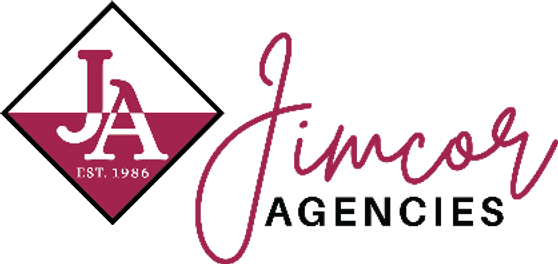
Coryn Thalmann
CEO/COO
Jimcor Agency, Inc.
“We have been working with 3H Corporate Services for over 18 years. They have been doing all our licensing since then and we have never had a problem. They are extremely reliable, and therefore, we never have to follow up or worry that our license did not get renewed. When we have had an inquiry, they are and have been extremely responsive and courteous. I highly recommend them.”
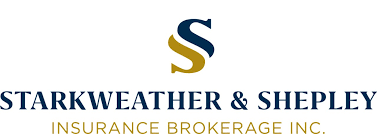
Lacey Hudson
Licensing Coordinator
Starkweather & Shepley
“I now spend only 3 - 5 hours a month on managing licenses rather than 2 - 3 weeks! I highly recommend Creative Compliance Software Solutions.”
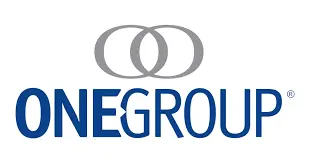
Bob Nosik
Vice President - Facilities
OneGroup
“As one who has dealt with licensing for years, I want to thank you all for being so darn good at your jobs. OneGroup has really established themselves with a partner that they can count on and work with, your customer service is just awesome.”
.webp)
